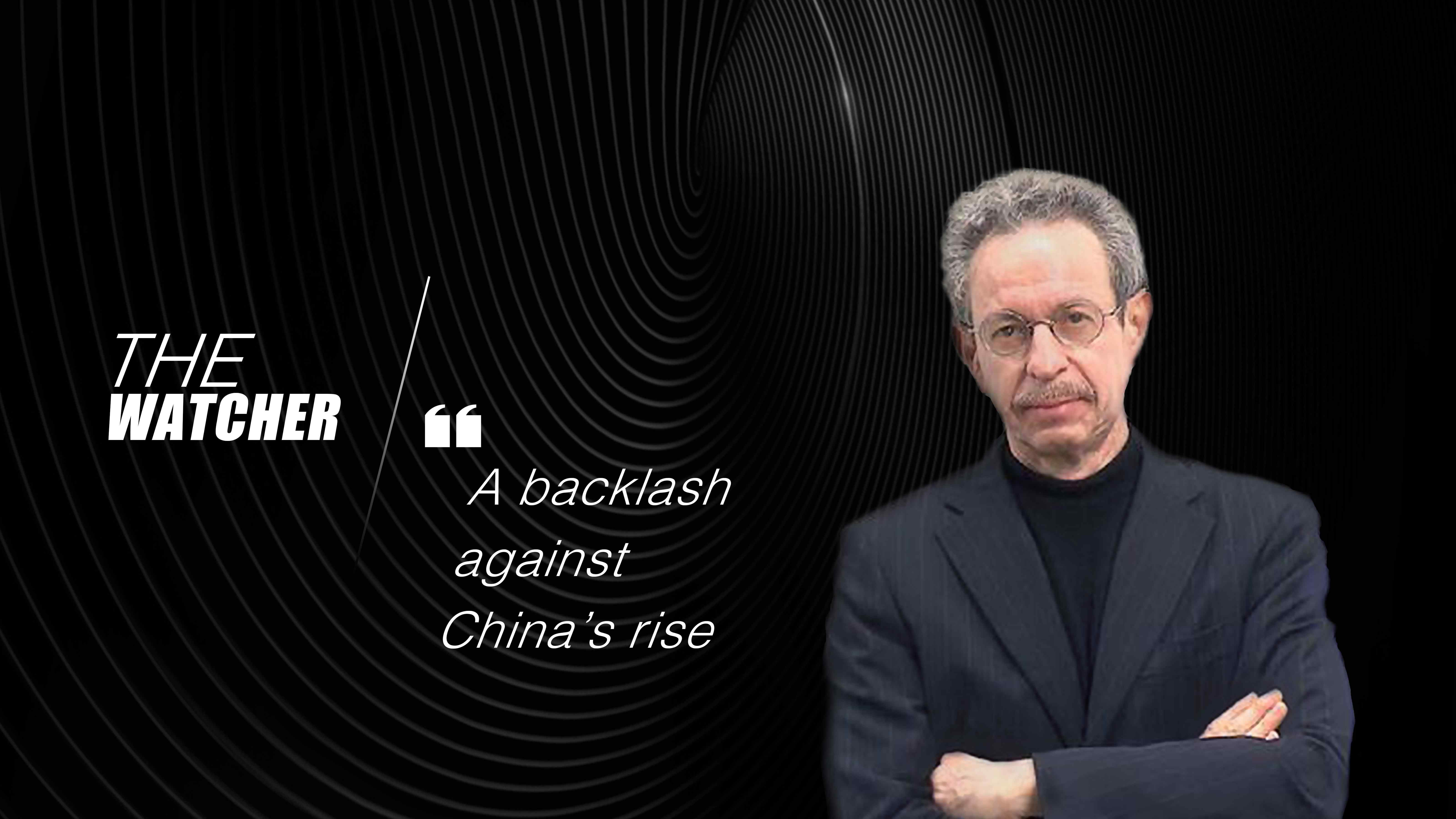
Opinions
11:44, 04-Mar-2018
The Watcher: A backlash against China’s rise
Robert L. Kuhn

I’m Robert Lawrence Kuhn and here’s what I’m watching: a backlash against China’s rise, primarily in the West. There are two kinds of expressions of this “backlash.” The first is exemplified by the US National Security Strategy, released recently by the Trump administration, in which China is said to be a “rival power” (with Russia). In essence, a “strategic competitor” and an “economic aggressor.” China is said to “challenge American power, influence, and interests, attempting to erode American security and prosperity.” Strong words.
A second expression of backlash against China is exemplified by what is seen as China’s attempt to influence the internal affairs of other countries, such as Australia and New Zealand, through lobbying, buying influence, and the like. Confucian Institutes at foreign universities come under fire for allegedly violating academic freedom. And when foreign institutions, such as media companies and academic publishers, accept China’s censorship to access China’s markets, foreign condemnation is sharp and severe.
Some Chinese say the backlash is caused by Cold War mentality, misunderstanding economics as a zero-sum game, and jealousy over China’s rise, perhaps tinged with racism. The West’s sense of its own rise, they say, is regarded as a matter of course, as if the natural order. But China’s rise is viewed with suspicion, although China was the world’s leading civilization for a millennium and has stated vigorously and repeatedly that its peaceful rise will benefit the world.

German Finance Minister Wolfgang Schaeuble (R) and China's Vice Premier Ma Kai shake hands at a joint news conference in Berlin, March 17, 2015. /VCG Photo
German Finance Minister Wolfgang Schaeuble (R) and China's Vice Premier Ma Kai shake hands at a joint news conference in Berlin, March 17, 2015. /VCG Photo
Some Westerners say the backlash is caused by China’s economic mercantilism, including state-supported loans and cyber-thefts; aggressiveness in territorial disputes (South and East China seas, in borders issue with India); and a general sense that China seeks to undermine the rules-based international order.
Some Chinese dismiss the backlash as a “Western media conspiracy.” Others say the US is “purposely misinterpreting China's strategic intentions.” “Misinterpreting” can be – but “purposely”?
It is always easy to blame the other side, but it is usually counterproductive, reinforcing and hardening prior beliefs. The tropes of conspiracy and deliberate falsification are self-defeating, playing into the hands of critics.
Better is to affirm China’s commitment to highest standards of international practices, such as at the Asia Infrastructure Investment Bank, and to uphold the international order, albeit with appropriate changes to reflect the rise of China, India and other large developing countries. In his New Year’s Address, President Xi Jinping was spot-on: China, he said, is a “responsible major country” and an “upholder of the international order.” I’m keeping watch. I’m Robert Lawrence Kuhn.
(Dr. Robert Lawrence Kuhn is a CGTN anchor, a public intellectual, international corporate strategist and investment banker.)

SITEMAP
Copyright © 2018 CGTN. Beijing ICP prepared NO.16065310-3
Copyright © 2018 CGTN. Beijing ICP prepared NO.16065310-3